We Are Augustines supported by My Goodness: Things just got Rock and Roll
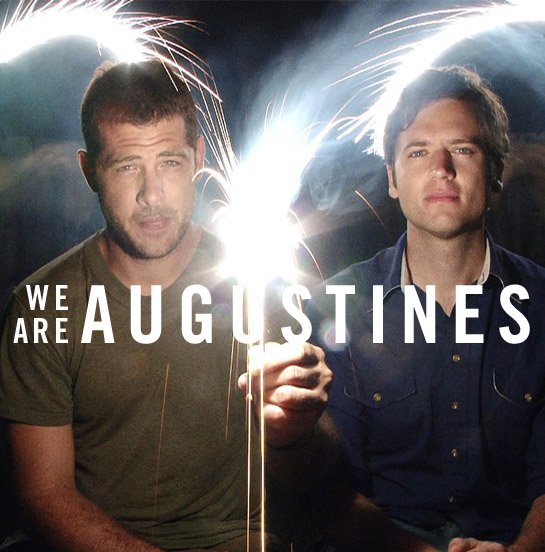
Rise Ye Sunken Ships, We Are Augustines’ first and only album to date, has gained a small but fervent following in the year since its release. An intense, wiry young man in the crowd at Dingwalls, London, told me he had listened to it every day for the past two months. The album is dotted with four or five anthemic tracks, but the devotion it has gained has less to do with this than with the painful subject matter singer Billy McCarthy explores.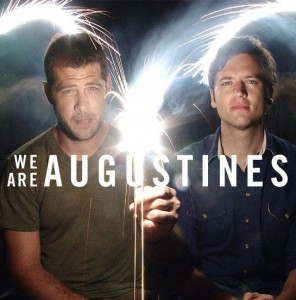
McCarthy‘s brother and mother, both diagnosed with schizophrenia, committed suicide; the shadow of his brother Jim, whom McCarthy along with his sister spent years trying to look after, falls particularly heavily over the songs. Such deeply personal music can be difficult to translate to the stage; a fine line has to be walked between diluting its power for the sake of a pounding sound and slipping into maudlin solipsism.
At Dingwalls, support band My Goodness played a short, rocking set. A guitar-and-drums two-piece from Seattle, their sound as well as their set-up resembled the White Stripes – thumping rhythms driven by powerful vocals and percussion breaking down into thundering 10-second instrumental sections. Singer Joel even had a Jack White yowl, though without quite the same feline madness. At times they became grungier, black-haired Joel thrashing down on his guitar like a plumper Dave Grohl. And the two quieter numbers they played still managed to be engaging, a hazy darkness seeping out of the lyrics. With only a hardcore few paying any attention at first, they succeeded in the aim of any support band and their raucous noise gradually drew in a large crowd – rather than driving everyone out to talk and smoke by the water of Camden Lock, always a danger for a support act playing at Dingwalls. It was an energising set and by the end they received loud and well-deserved applause.
In the half-hour interval before We Are Augustines took the stage the crowd milled and gathered drinks. They were a real mix of ages and styles: a scattering of teenagers mingling with folk in late middle-age; perfectly-groomed shirt-wearers squeezing past ragged beards. Such variety is usually an excellent sign of the sincerity of a band’s music.
Eventually ,We Are Augustines stomped onto stage, Billy McCarthy, short and powerful, looking disconcertingly like a young Ernest Hemingway in suede jacket and cream fedora. He was euphoric, raising his hands over the crowd and yelling, “This is fucking rock ‘n’ roll! I’m so happy!” They raced off with Ballad of a Patient Man, a non-album track that often makes an appearance at the start of their live gigs.
After this warm-up the band threw themselves wholeheartedly into two tracks from Rise Ye Sunken Ships that combine potent themes with an anthemic sound: Juarez followed by Philadelphia (City of Brotherly Love). Billy McCarthy and bass player Eric Sanderson, who have played together in bands since 2002, stormed around the stage and pulsed back and forth with enthralling passion. As the crowd bellowed the yea-yea-yea climax of Philadelphia, Sanderson was bent backward with orgasmic delight. We Are Augustines’ sound may not be new but only a cold bastard could have watched them perform these two tracks and retained a headful of complaints regarding a lack of innovation.
Things calmed again, inevitably, as they tried out some new material with the less high-octane rise. But the terrific Strange Days, rolling in with crystalline guitar before being caught in an exhilarating uprush of drum and deep-throated trombone, got the whole crowd banging their feet and bobbing their heads. McCarthy introduced it as a sea-shanty, imploring everyone to think of the ocean as they played, and its rollicking tune is worthy of any motley crew with a trombone on deck.
At this point, problems with amps put a halt to proceedings for a few minutes. When they started up again it felt like some of the band’s early energy had dissipated. Augustine, a compelling tale of the fight to overcome depression, kicked in to a huge cheer but trundled by a little uninspiringly. This bathos was unfortunately followed up by two of the album’s weaker tracks. Barrel of Leaves is the most Coldplay-reminiscent of all the songs on the album, coming dangerously close to being a dirge. Outbreaks of chatter offered a warning sign that the band’s mesmeric momentum had been lost. Patton State Hospital, their next choice, is one of those unfortunate compositions in which powerful lyrics are undermined by being tacked onto an irritating tune, the band chasing a punkier sound they can’t quite bend to suit their style. It was harder to talk over than Barrel of Leaves but quite a few people still tried.
The intense young man next to me, who had listened to Rise Ye Sunken Ships every day for the past two months, seemed a bit restive by this point. “I expected to be really moved, to be in tears through the set,” he shouted in my ear over Patton State Hospital. “But it’s not been as absorbing as I expected. It’s been good but just not what I’d hoped.”
There was still quite a bit of the gig to go, though. The band’s next song was Book of James, their debut single which clashes together the perspectives of lead-singer Billy and his suicidal brother Jim. It swept away the seeds of conversation and before we knew what was happening the crowd was jumping, dancing and throwing their hands in the air, hollering along to the devastating lyrics. McCarthy envisages his brother confessing, “I stand in my shoes / Unable to move / With my hat in my hands / At the bottom of the ocean.” The song built to a spectacular crescendo with saxophone, trumpet and trombone adding texture and force to McCarthy’s ardently intoned la-la-la singing, interspersed with primal roars.
A pretend finish followed before the band duly trooped back on stage – they hadn’t played Chapel Song yet, their latest single – and struck up a final three tracks, all of which were central to Rise Ye Sinking Ships. They finished on Chapel Song, of course, which pleased the general crowd while leaving people like my intense companion a little indifferent; and they opened the encore with East Los Angeles, a short, lyric-driven song that works a lot better on record than live.
The most striking moment of the encore – and perhaps the whole gig – came with the decision to play as penultimate track the propulsive tale of reckless disregard for consequence, Headlong Into The Abyss. Giving this song such prominence was a clear nod to those in the crowd who had connected with the damaged story at the core of We Are Augustine’s success so far. McCarthy fully embodied the passion with which he’d intermittently burned through the performance. He triumphantly brought together the band’s anthemic qualities that lend themselves to being an above-average live rock act, with the searing intensity that makes them worth listening to at all. It was the best moment in an uneven set that nevertheless suggested We Are Augustines have the potential to be really powerful live performers.
Toby Hill
Photo: Sean Donnola


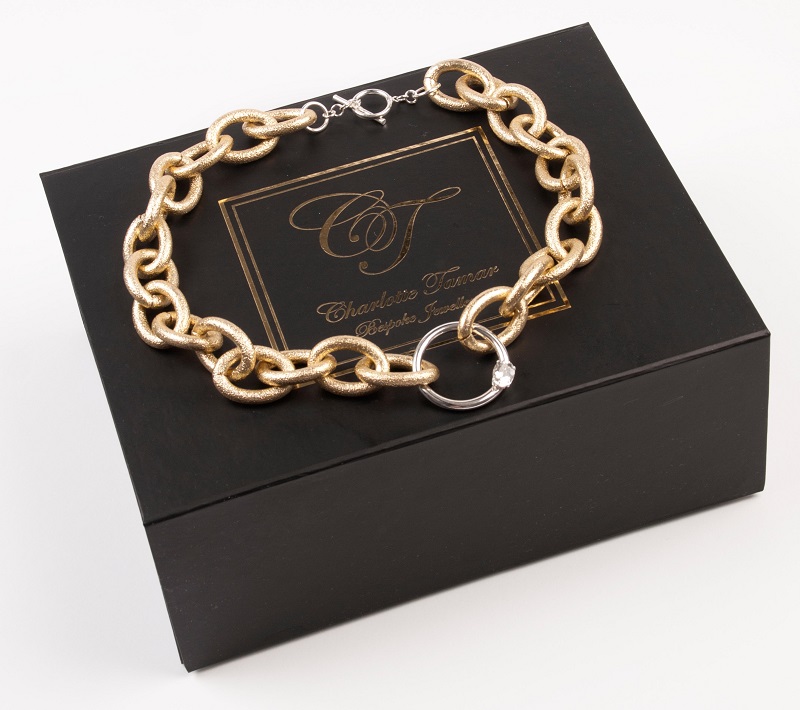



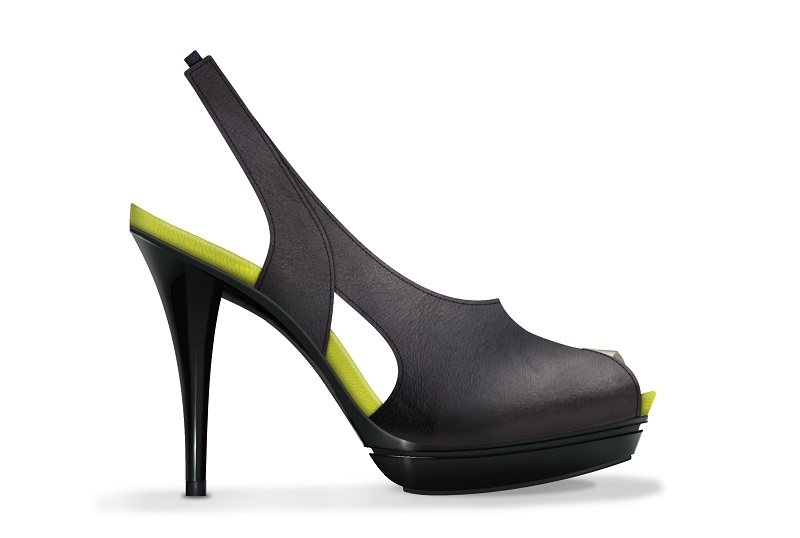
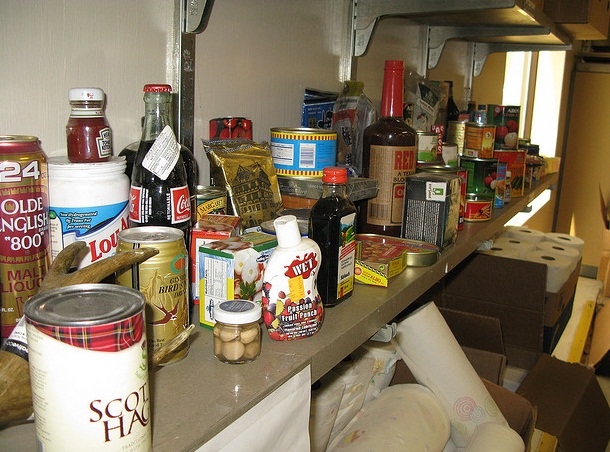









Facebook
Twitter
Instagram
YouTube
RSS